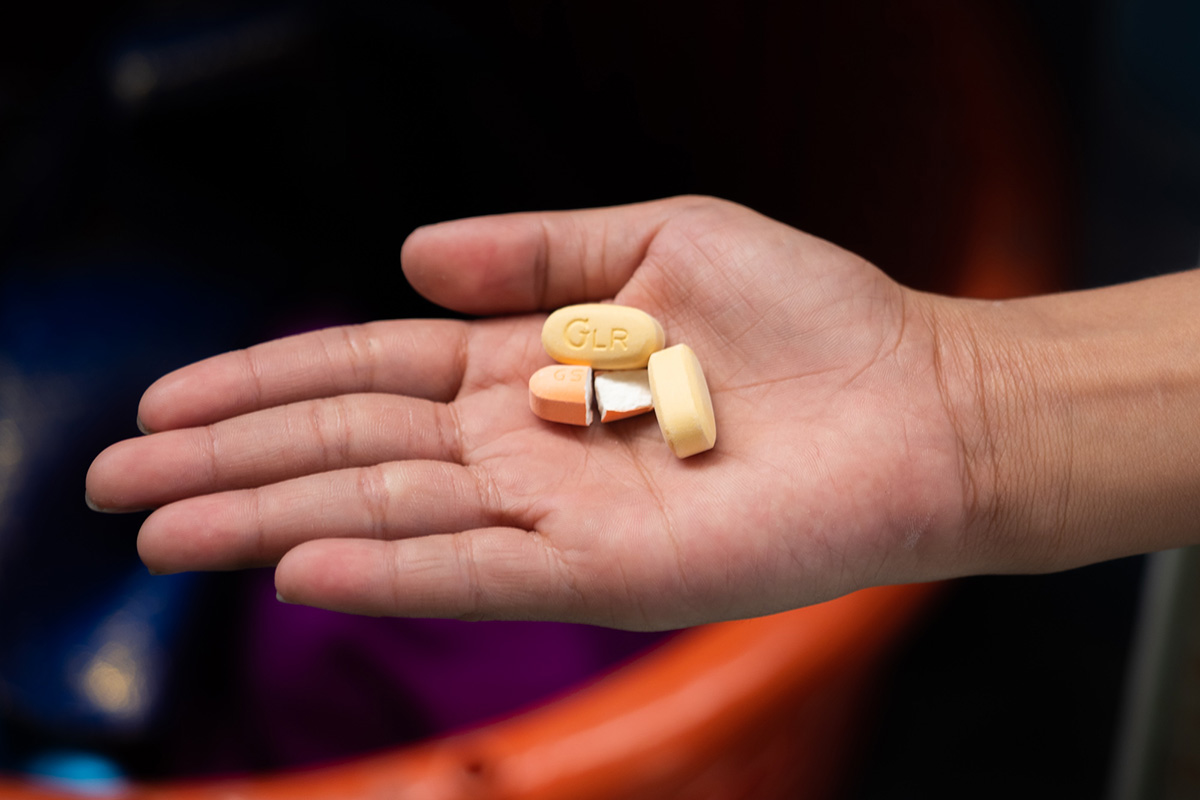Our partner, the Indonesian AIDS Coalition (IAC) is one of 73 organizations, calling on the country’s Ministry of Health to act now to avoid preventable deaths.

Since January this year, stockouts have been reported in Yogyakarta, Deli Serdang, NTT, Bogor, Jambi and West Sumatera.
Civil society recognizes the Indonesian Government’s commitment to achieving a sustainable HIV response. However, Indonesia is already woefully behind the commitments it has made to achieving 90-90-90, and this recent crisis further threatens this target and the goal to achieve the right to health for everyone in the country.
The Government’s ‘Acceleration Plan’ includes the commitment to increase testing and to ensure people are enrolled on treatment the same day that they test positive for HIV.
This situation with stockouts means that many people who are newly diagnosed are left without a treatment plan, and people already on treatment do not have access to their daily medicines.
Treatment gaps cause immense stress for people living with HIV, as this can potentially increase resistance to their current drugs, requiring people to move onto second- or third-line therapy. The implications can be long-lasting.
Civil society is demanding that additional ARVs are sent to fill the gaps as a matter of priority, and that longer-term solutions are also addressed urgently to prevent this in the future.
Solutions include: ensuring adequate health funding to sustain the country’s HIV response; evaluating procurement processes and the supply chain management; guaranteeing that the process is corruption-free; and therefore paving the way for access to affordable medicines for all.
“Treatment activists are experts in these matters,” says Aditya Wardhana, IAC’s Executive Director. “We’ve had to be as it is a matter of life or death for us. We have expertise in procurement processes and using rights granted under international agreements to ensure increased competition and fairer prices. When there are more market players, the supply chain is less vulnerable to stockouts.”
“A sustainable HIV response requires the government to think through all components that this depends on, from budgeting, to removing barriers to deliveries and stamping out corruption. We hope the Ministry continues to allow people living with HIV a seat at the table, so we can end this crisis quickly and work together to find real sustainable solutions.”
- Read the statement signed by the 73 civil society organizations, on Rumah Cemara’s website.
- An article in the Jakarta Post, quoting Wardhana, goes into more detail on the corruption allegations.




